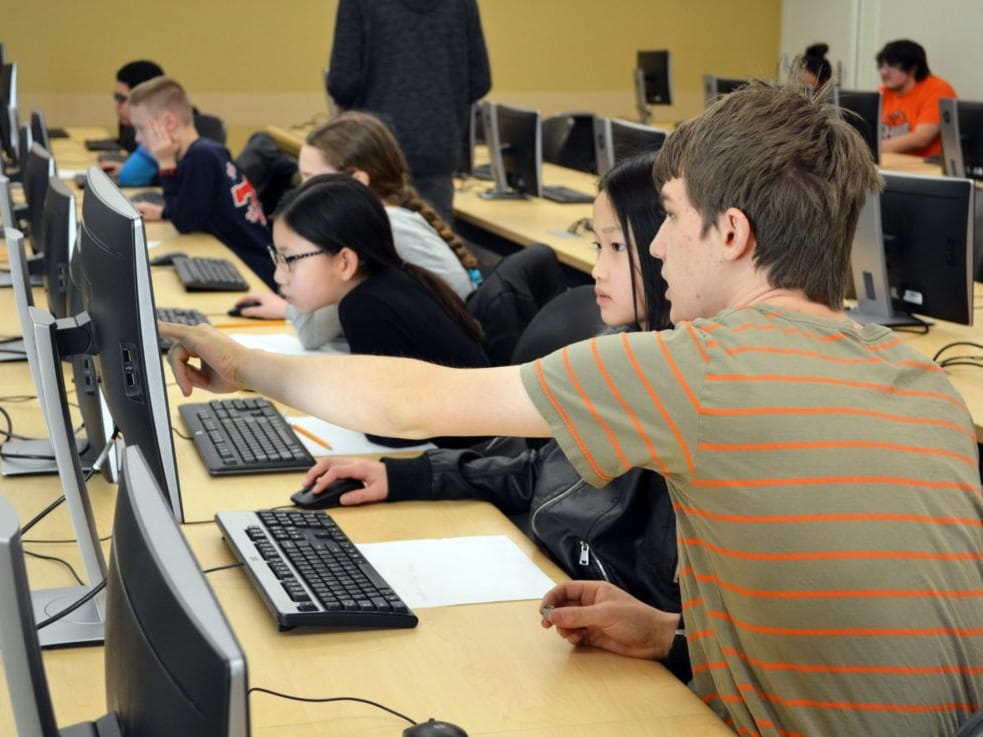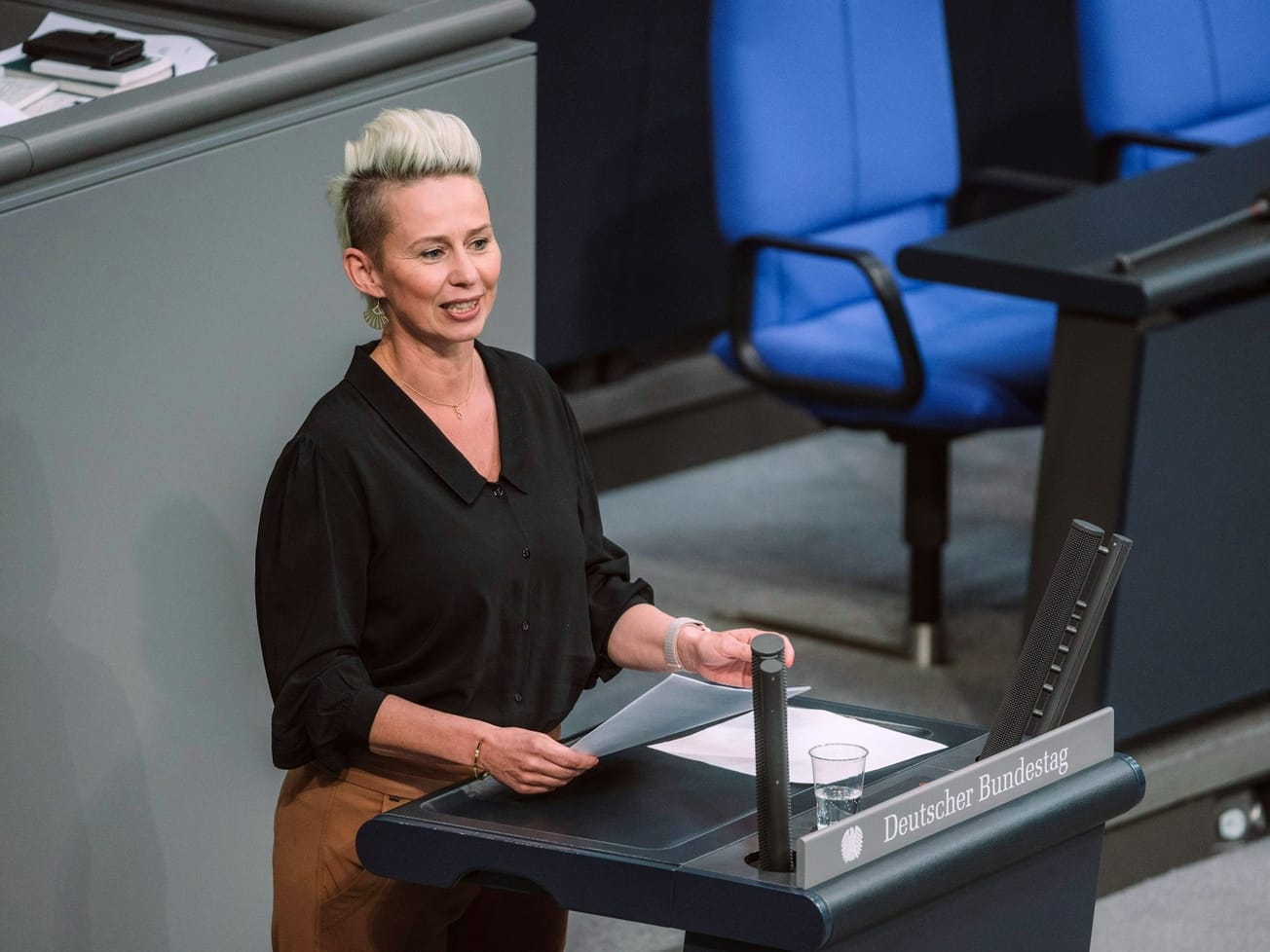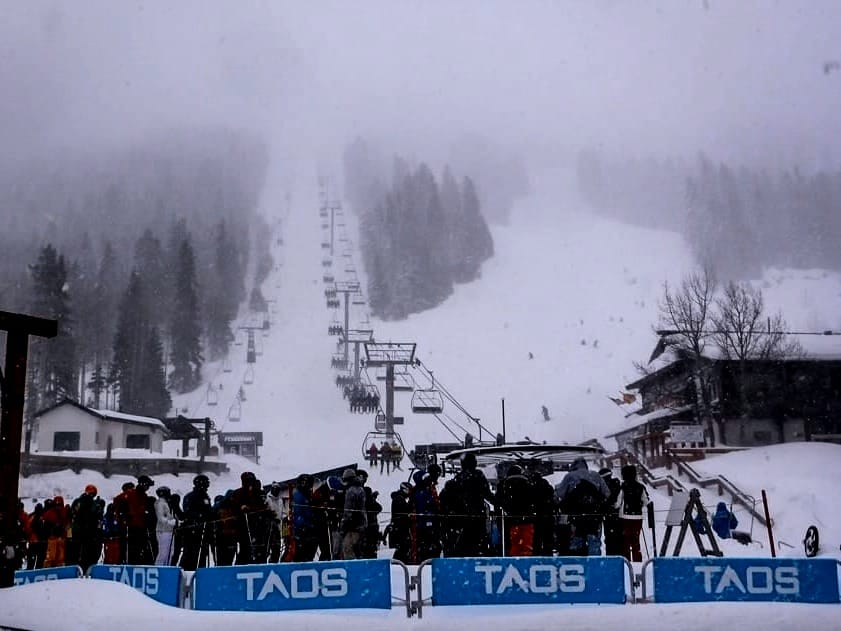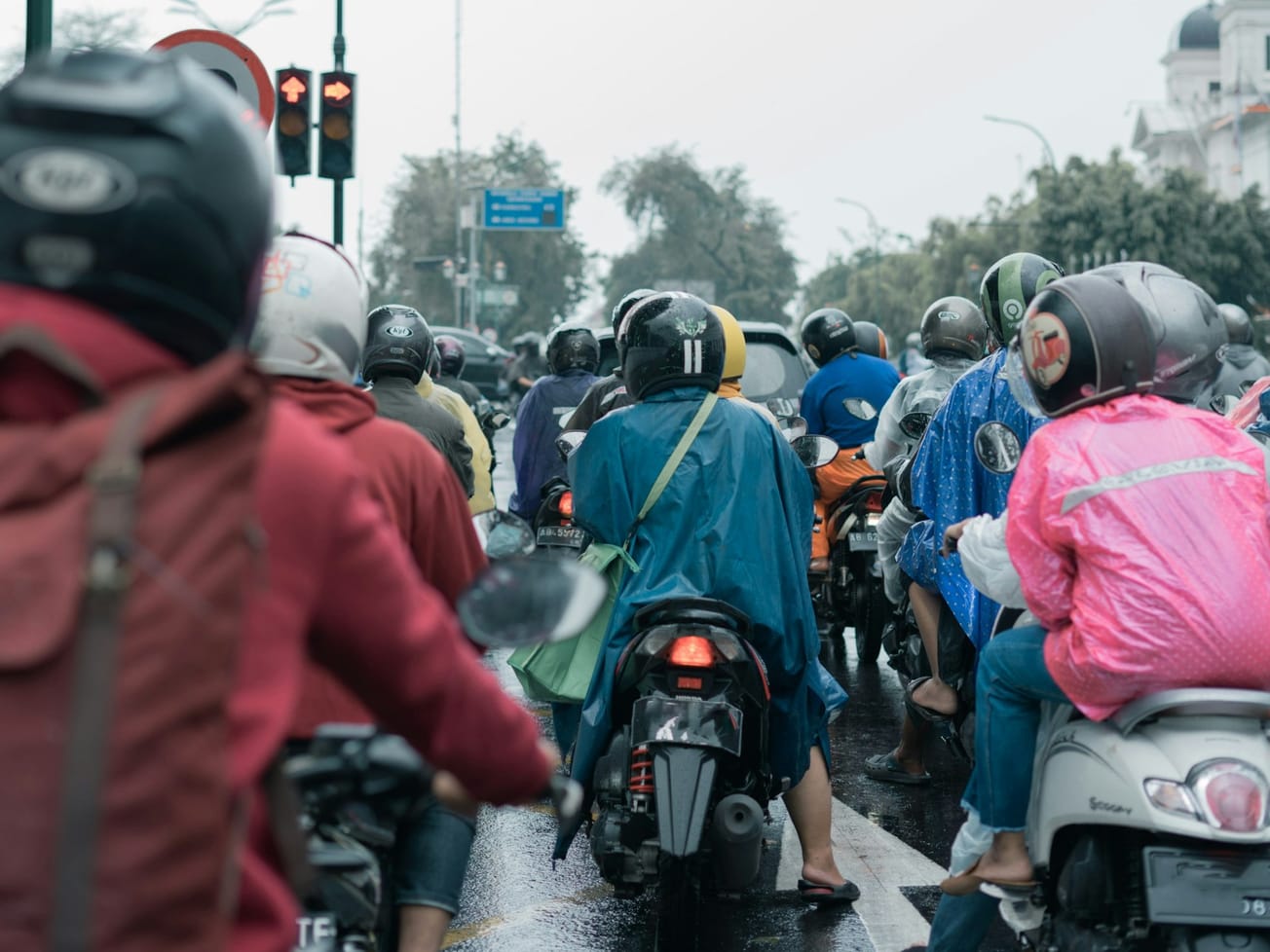UNITED NATIONS (AN) — Half the world's 7.7 billion population uses the internet, including 1.15 billion children who can learn and benefit from it but only if they can safely navigate "a dangerous environment in which to grow up," an international commission concluded.
With children younger than the age of 18 accounting for more than 30% of all internet users globally, better safeguards are needed to protect them from sexual abuse, recruitment by extremist groups, online harassment and bullying and other threats, the Broadband Commission for Sustainable Development reported on Tuesday.









